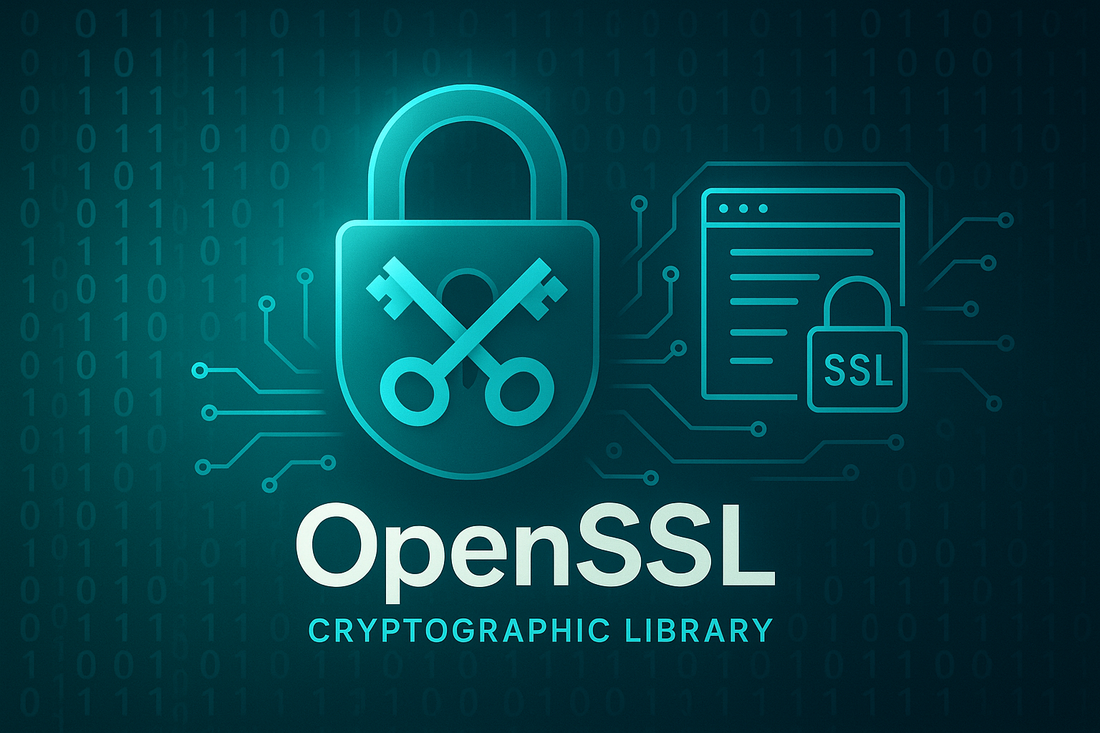
Alternatives to OpenSSL
James RodriguezShare
The cryptographic landscape has evolved significantly beyond OpenSSL, offering organizations multiple robust alternatives for SSL Certificate management and cryptographic operations.
While OpenSSL remains a foundational tool in digital security, understanding the full spectrum of available options enables businesses to make informed decisions based on their specific security requirements and technical capabilities.
LibreSSL : A Security-Focused Fork
LibreSSL emerged as a direct response to security concerns in OpenSSL, particularly following the Heartbleed vulnerability discovery.
Created by the OpenBSD project team, LibreSSL prioritizes security through aggressive code cleanup and modern programming practices. This alternative maintains compatibility with OpenSSL while offering enhanced security features and a more streamlined codebase.
For organizations managing SSL Certificates in security-critical environments, LibreSSL provides a compelling option that combines familiarity with improved security protocols.
GnuTLS : The GNU Security Solution
GnuTLS represents a comprehensive security implementation that supports SSL Certificate operations, TLS protocols, and various cryptographic standards.
This alternative differs from OpenSSL by emphasizing modularity and strict adherence to security standards. GnuTLS particularly excels in environments where GNU compatibility is essential, offering robust support for advanced features like DANE and DTLS protocols.
Organizations requiring specialized security implementations often find GnuTLS valuable for its extensive documentation and active development community.
wolfSSL : Embedded Systems Security
For organizations working with embedded systems or requiring lightweight cryptographic solutions, wolfSSL offers a compelling alternative to OpenSSL.
This library specializes in providing SSL Certificate management and cryptographic operations with minimal resource consumption. wolfSSL implements modern security standards while maintaining a significantly smaller footprint compared to OpenSSL, making it ideal for IoT devices and resource-constrained environments.
The commercial support options available for wolfSSL make it particularly attractive for enterprise deployments requiring dedicated technical assistance.
BoringSSL : Google Enhanced Security
Google developed BoringSSL as their fork of OpenSSL, focusing on simplification and modern security practices.
This alternative removes legacy protocols and unused features while adding enhanced security measures relevant to contemporary web applications.
Although primarily designed for Google internal use, BoringSSL offers valuable insights into enterprise-scale SSL Certificate management and security implementation. Organizations developing cloud-native applications often benefit from BoringSSL robust feature set and streamlined architecture.
Practical Considerations for Implementation
When selecting an OpenSSL alternative, organizations must evaluate several critical factors. Compatibility with existing SSL Certificates and infrastructure remains paramount, as migration costs can be significant.
Security teams should assess the maturity of each solution, including the frequency of security updates, vulnerability response times, and the strength of the supporting community.
Trustico® recommends conducting thorough testing of any alternative solution before deployment, ensuring seamless integration with existing SSL Certificate management processes and security protocols.
The selection of an appropriate OpenSSL alternative ultimately depends on specific use cases, security requirements, and operational constraints.
Modern organizations often implement multiple solutions across different segments of their infrastructure, leveraging the strengths of each alternative while maintaining robust SSL Certificate security throughout their digital ecosystem.
Regular security audits and updates remain essential regardless of the chosen implementation, ensuring continued protection against emerging threats and vulnerabilities.



